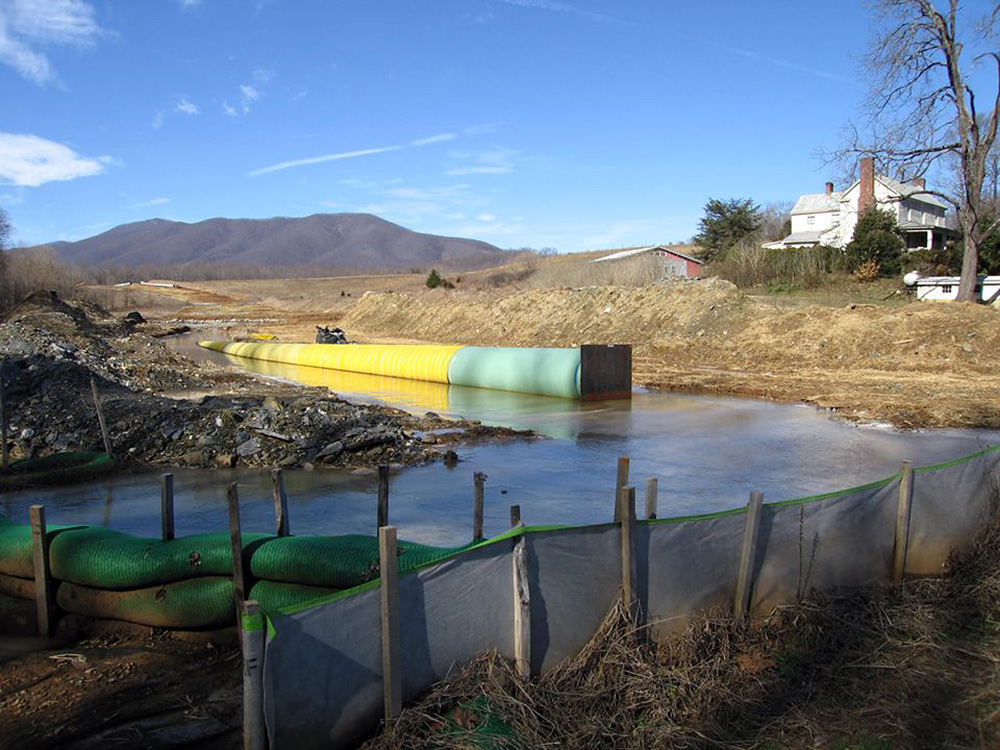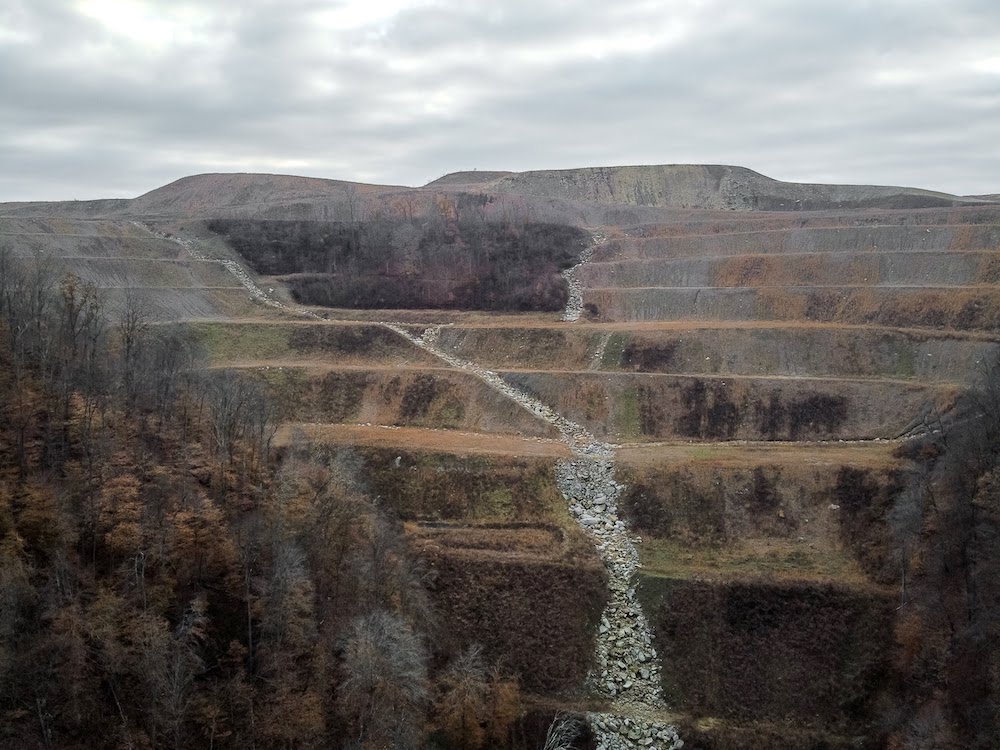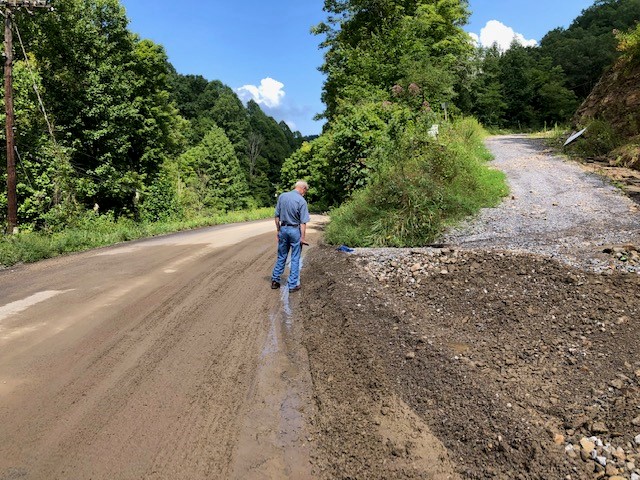Cleaning Up Coal Ash
For well over a century, power plants across the country have burned coal to generate electricity. And for just as long, leftover coal ash has been dumped in open, unlined pits near the power plant, usually located on a river or lake. Every year, U.S. power plants produce 130 million tons of coal ash, which is the second largest waste stream in the country after municipal garbage.
Coal ash concentrates the toxic heavy metals found in coal, including arsenic, mercury, lead and selenium. Stored in unlined, wet impoundments, coal ash has been leaking these toxics into our groundwater and surface waters for years. Sometimes these impoundments collapse — with disastrous results.
Yet government regulations for coal ash management are either non-existent or sparse, and there is little enforcement of the regulations that do exist. In North Carolina, this lack of oversight — and the complicity between state regulators, elected officials and Duke Energy — came to a boiling point in February 2014 when one of Duke’s coal ash impoundments spilled 39 million tons of ash into the Dan River.
Citizens living near North Carolina’s 33 coal ash impoundments — all of which have leaked — have fought for transparency from Duke and the state, and for cleanup of the pollution that threatens their property value, health and family. Their actions forced this issue into the headlines of news networks and to the forefront of environmental justice conversations in the United States.
Appalachian Voices stood with these communities as we worked for years to compel Duke Energy and the N.C. Department of Environmental Quality to excavate coal ash from all the North Carolina sites and dispose of it either in lined, dry landfills, away from waterways, or by recycling it for concrete or other uses, provided it’s done in a manner that protects public health and the environment.
On Jan. 2, 2020, North Carolina announced a historic settlement with one of the state’s most powerful corporations and polluters, Duke Energy. The settlement requires Duke to move nearly 80 million tons of toxic coal ash at six of its power plants to properly lined landfills onsite or recycle it.

Learn information about specific coal ash impoundments in the South, including health threats and safety ratings:
Additional Resources
Fact sheets, videos, links to academic research, and more
Sign Up to Act
Help us protect the health of our communities and waterways.
Latest News
Coal Miners & Advocates Applaud Introduction of 10-Year Extension of Excise Tax for Black Lung Disability Trust Fund
CONTACT: Rebecca Shelton, Appalachian Citizens’ Law Center, 859-893-0543,…
Federal and State Agencies Consider New Water Permits for Controversial Pipelines
Critics of the Mountain Valley Pipeline are calling on Virginia to deny a Clean Water Act certification for MVP. The pipeline’s proposed extension, MVP Southgate, faces several hurdles.
New Clinch River State Park Showcases Biodiversity
Supporters of Southwest Virginia’s newest state park hope that it will foster a conservation mindset and bring awareness to the Clinch River’s rich biodiversity.
Appalachian Voices receives $1.5M from Appalachian Regional Commission’s POWER Initiative
CONTACT: Autumn Long, Appalachian Solar Finance Fund Project…
Tell White House officials that coal mine cleanup must be a priority
Insufficient bonding systems and decades of poor enforcement of mine reclamation law have led to a severe backlog in abandoned mines — and a new wave of coal bankruptcies is exacerbating the problem.
Blackjewel mine creates emergency road hazard in Russell County, VA
Heavy rains caused debris from an inactive coal mine to block portions of VA State Route 632 in late August — an event that might become all too common with climate change-fueled rainfall likely to intensify.











